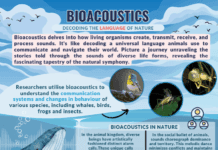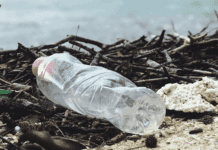BY MAZLAN HANAFI BASHARUDIN
PENANG: The Centre for Development of Academic Excellence & Student Development (CDAE) at Universiti Sains Malaysia (USM) today held a talk on the topic of “Outsmarting the Smartest Machines”.
The talk, presented by its Director, Professor Dr Abd Karim Alias, touched on the issue of managing education in the future, in the era of the Fourth Industrial Revolution (4IR).
Abd Karim said, in the era of 4IR, change is occurring at an exponential rate and it could lead to disruptions, ambiguity and uncertainties in making decisions in our daily lives.
“Driving the change are moves towards globalisation, innovations in technology and the capacity to gather huge amounts of Big Data. At the same time, there is also the trend towards the massification of education, as education is now available for the masses to access through advances in technology,” he said.
He added that it is essential for society to understand and know how to respond to the impact of 4IR, especially on jobs, in the future.
In the future, he said there will be a rise in the use of artificial intelligence (AI). Some see this as a threat, while others view it as an opportunity. Could mankind leverage on these ‘machines’ to make lives easier in the future?
“Machines have started to replace man in various work functions around the world. Mankind therefore needs to prove their value and relevance in view of the advanced technology that would be utilised,” Abd Karim said.
“Academics too need to move with the times, or else they could be replaced with machines or robots in the future. They need to have the desired and highly-valued human skills in order to continue being relevant at the workplace.”
Abd Karim further said that children need to be taught not only the value of technology, but also the richness of interpersonal experiences.
He quoted Tariq Ramadan and Tan Sri Wan Zahid Noordin on the need for children and the young generation to be taught on how to develop their thinking skills.
“Teachers too need to ‘craft’ immersive learning experiences, and not just ‘teaching’ lessons, when imparting knowledge. Each lesson should provide the students with the opportunity to interact and engage with each other, through creative and innovative approaches,” said Abd Karim. “They could then grow and expand their skills, knowledge and values.”
More needs to be done in the field of education, Abd Karim summarised. By understanding the future learners, new and different strategies and methods could be created to teach the 21st century learners, who have vastly different characteristics and requirements compared to learners in the past. The education of the future needs to be immersive, interactive, collaborative and inclusive.- USM

















